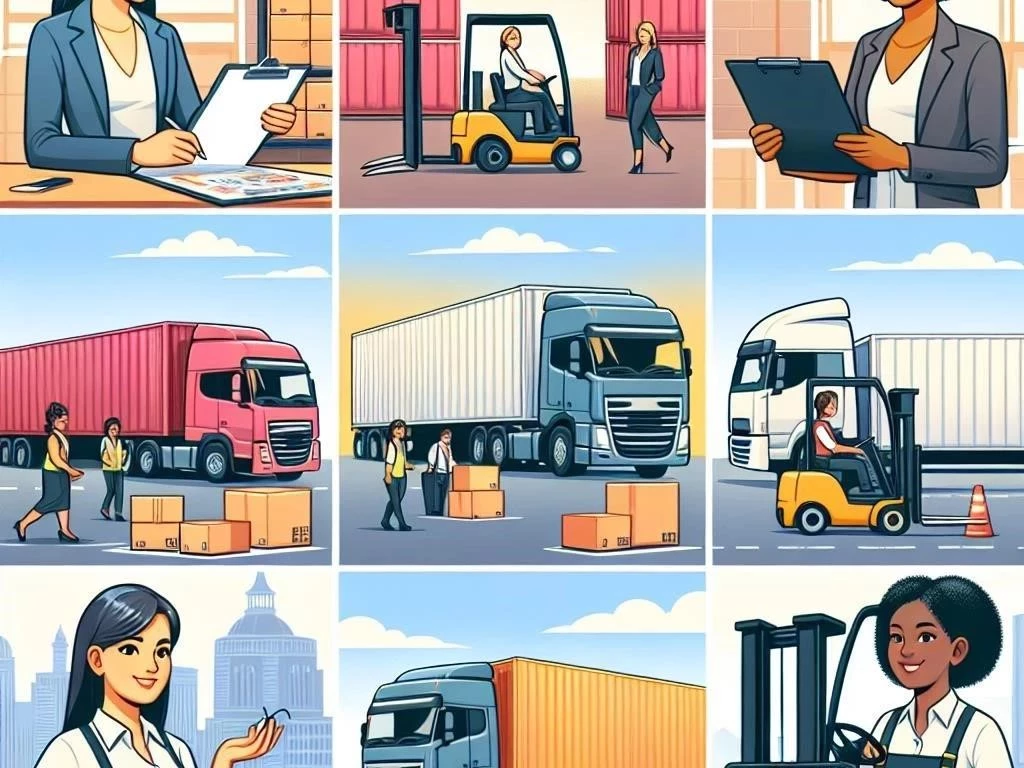
The transportation and logistics sectors benefit from women’s empowerment, driver diversity, and inclusivity, fostering sustainable practices and innovative solutions within the trucking industry.
The trucking industry is evolving, embracing women in transportation, enhancing logistics, and promoting empowerment through driver diversity, thereby reshaping traditional gender roles within the sector.
1.1 Overview of the Trucking Industry
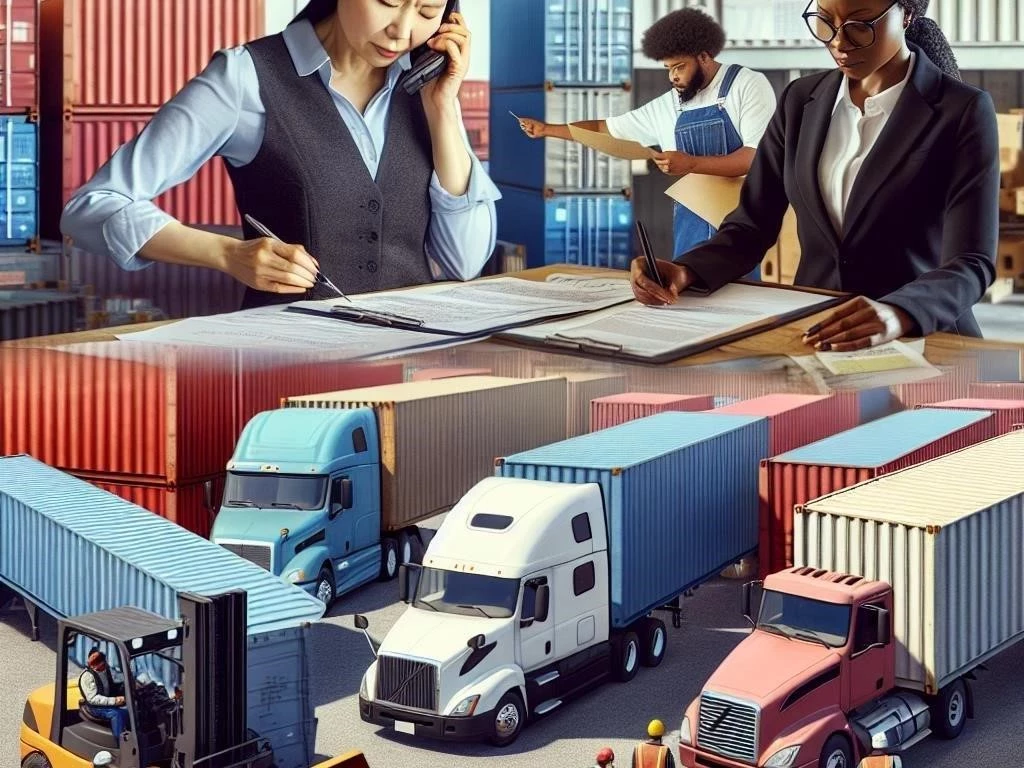
The trucking industry serves as a vital backbone of transportation and logistics, facilitating cargo transport across vast distances. With the increasing demand for freight services, trucking companies focus on efficiency, safety regulations, and customer service. Traditionally male-dominated, the sector is witnessing a significant shift, incorporating the feminine influence through women in trucking. This shift enhances driver diversity, fostering a more inclusive environment. Women-owned businesses are emerging, addressing industry challenges while engaging in sustainable practices. As mentorship programs develop, they empower women, creating networking opportunities and promoting community engagement, ultimately reshaping the perception and future of the trucking industry.
1.2 Importance of Gender Diversity in Logistics
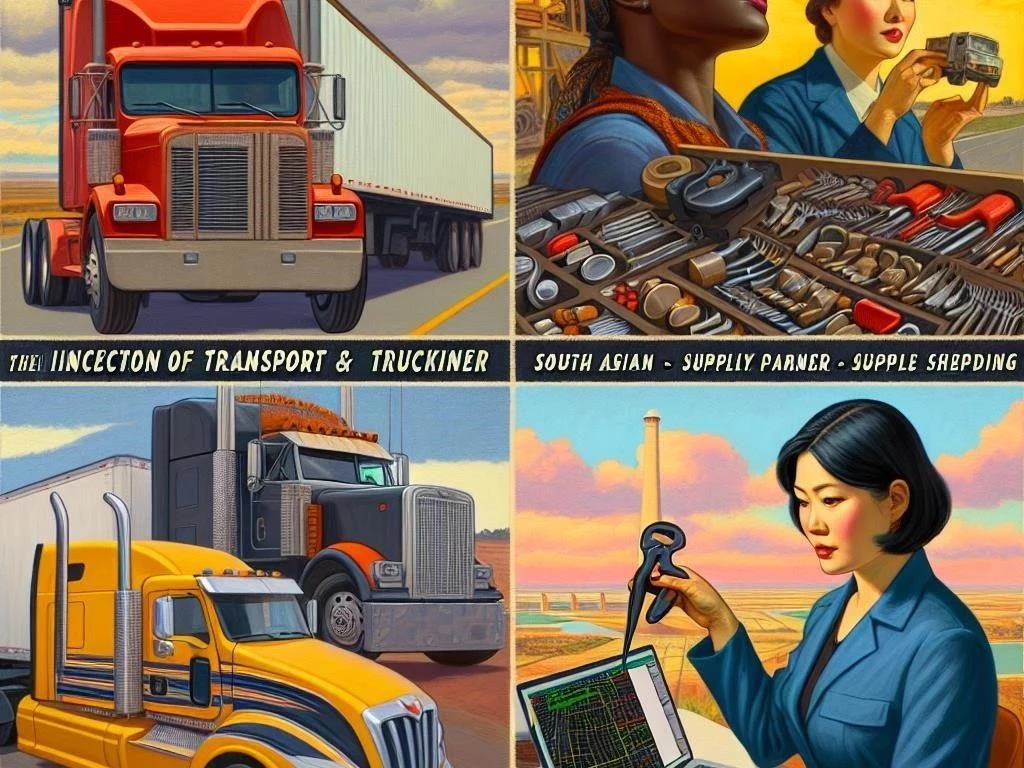
Gender diversity in logistics is crucial for fostering innovation and creativity within the trucking industry. A diverse workforce brings varied perspectives, enhancing problem-solving capabilities and driving more effective strategies. Women in trucking challenge traditional gender roles, promoting inclusivity and empowerment across all levels. Their involvement not only improves community engagement but also strengthens customer service, as diverse teams better understand different client needs. Moreover, increased representation of women leads to improved safety regulations and ethical practices. Embracing gender diversity ultimately creates a more sustainable and competitive industry, benefiting businesses, employees, and customers alike while addressing ongoing industry challenges.
The Role of Women in Trucking
Women play a transformative role in the trucking industry, enhancing driver diversity, fostering community engagement, and challenging traditional gender roles through empowerment and leadership opportunities.
2.1 Historical Context of Women in the Trucking Industry
Historically, women have faced significant barriers in the trucking industry, often relegated to traditional gender roles. However, during World War II, women began to enter the workforce as drivers, challenging societal norms. This pivotal moment laid the groundwork for future generations of women in trucking. Over the years, organizations advocating for women in transportation have emerged, promoting driver diversity and empowerment. As women-owned businesses gained momentum, they contributed to reshaping the industry landscape. Today, women continue to break stereotypes, driving change in fleet management, logistics, and community engagement, ultimately redefining their roles within the trucking sector.
2;2 Current Statistics on Women Drivers

As of recent data, women represent approximately 10% of the trucking industry’s total workforce, a significant increase from previous decades. This growth reflects a gradual shift towards inclusivity and recognition of women’s contributions. Furthermore, women make up about 14% of long-haul truck drivers, showcasing their essential role in freight services. The presence of women in trucking companies is also expanding, with many organizations implementing programs to support female drivers. These initiatives promote safety regulations, mentorship, and networking opportunities, driving further engagement. As the industry recognizes the value of diversity, the number of women drivers is expected to continue rising.
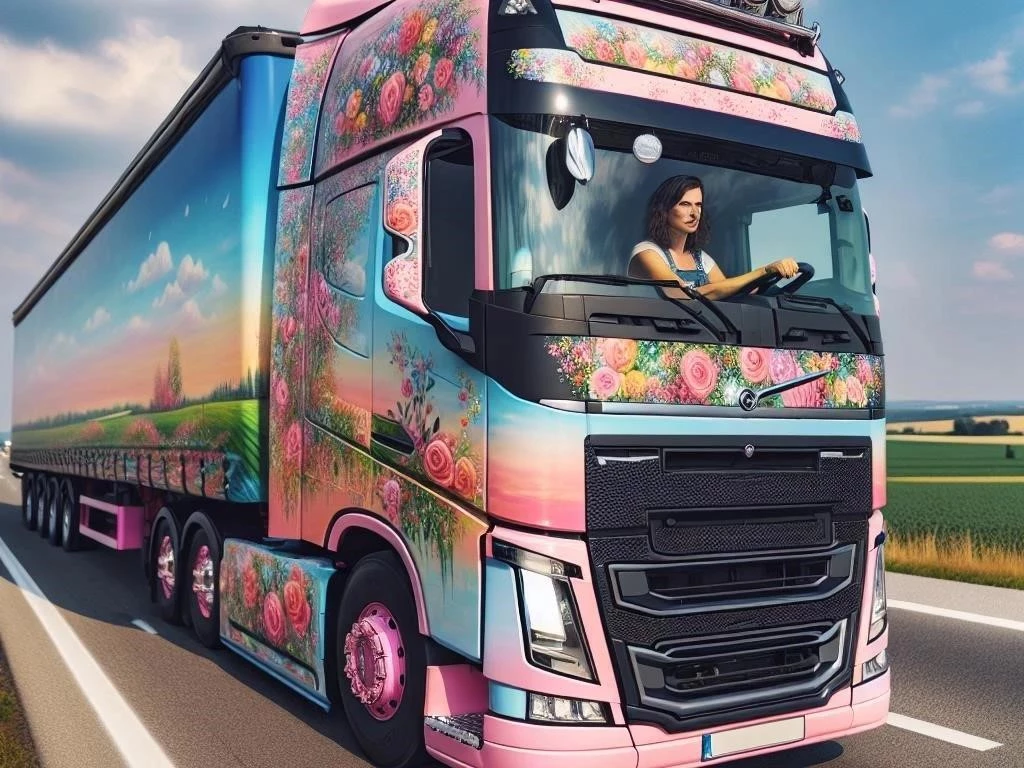
Feminine Influence in Freight Services
Women significantly influence freight services by enhancing customer service, promoting empathy, and fostering collaboration, ultimately leading to improved efficiency and stronger industry relationships.
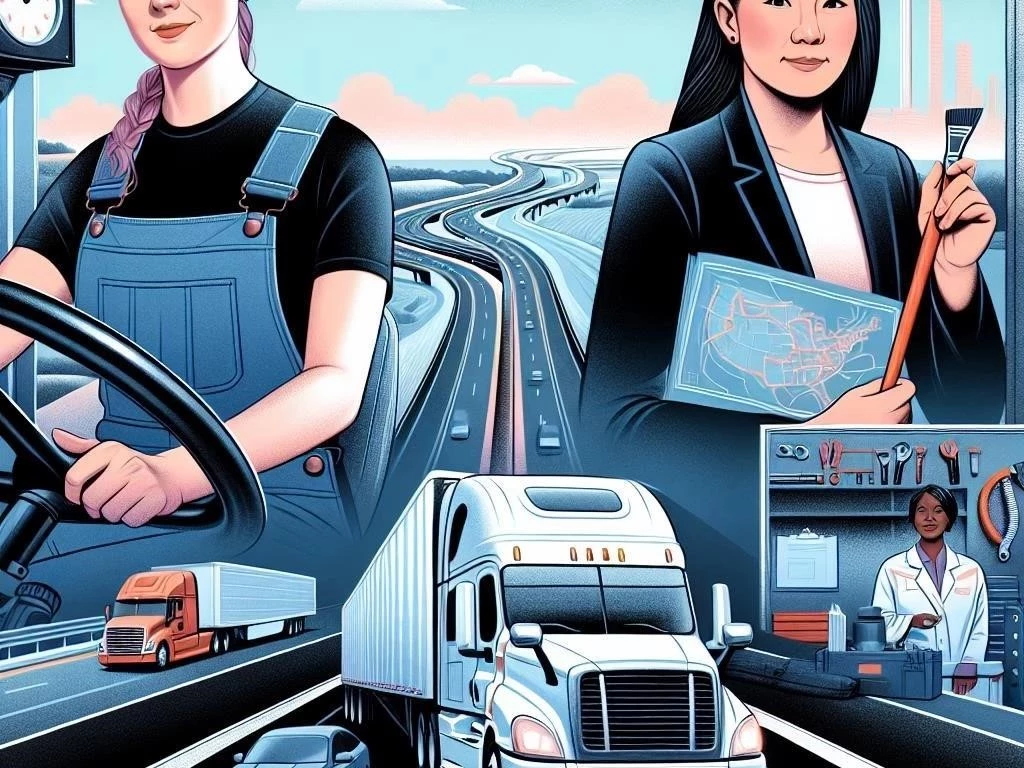
3.1 Enhancing Customer Service through Empathy
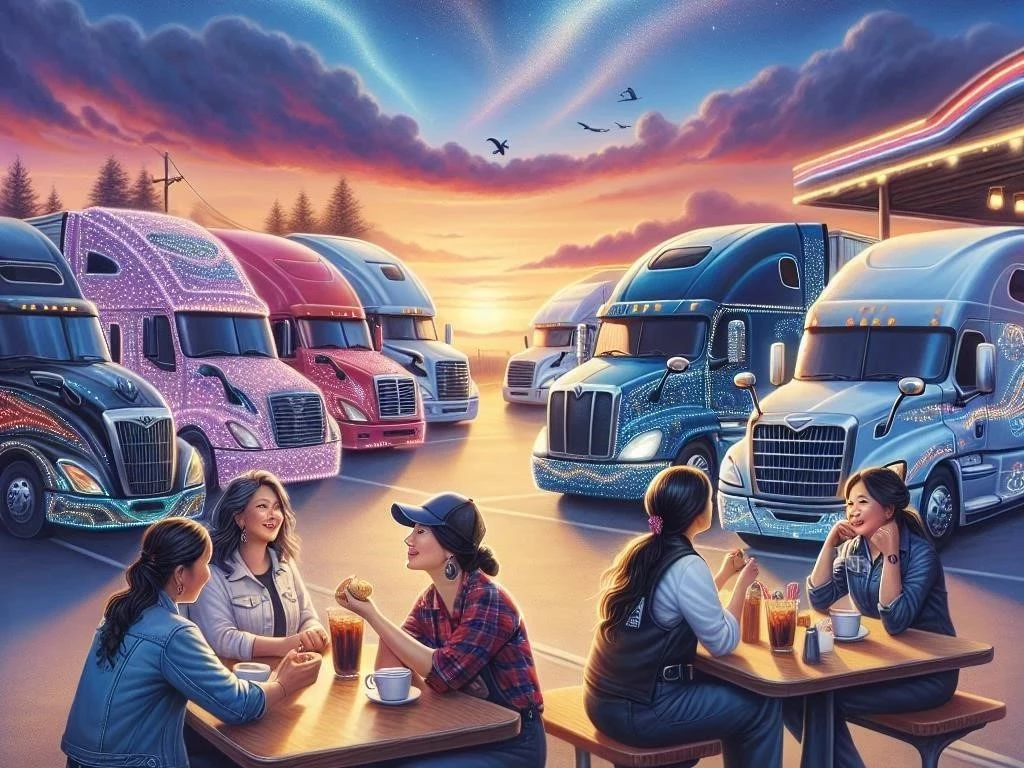
Empathy plays a crucial role in enhancing customer service within the trucking industry, particularly through the contributions of women. By prioritizing understanding and communication, female professionals foster strong relationships with clients, leading to higher satisfaction levels. Women often approach customer interactions with a unique perspective, addressing concerns with compassion and personal attention. Their ability to listen actively and respond thoughtfully creates an inclusive atmosphere, encouraging open dialogue. This empathetic approach not only resolves issues effectively but also builds long-lasting partnerships. As women continue to thrive in freight services, their influence on customer service sets new standards for excellence and care.

3.2 The Impact of Women-Owned Businesses on the Industry
Women-owned businesses are making a significant impact in the trucking industry, driving innovation and fostering inclusivity. These enterprises often prioritize sustainable practices and community engagement, addressing industry challenges through unique perspectives. By focusing on collaboration and mentorship, women entrepreneurs empower others to enter the logistics sector, promoting driver diversity and breaking traditional gender roles. Their commitment to exceptional customer service enhances client relationships, leading to business growth. Moreover, women-owned companies advocate for better safety regulations and support initiatives that benefit all drivers. As their presence continues to grow, these businesses are reshaping the landscape of transportation and logistics.
Empowerment and Inclusivity
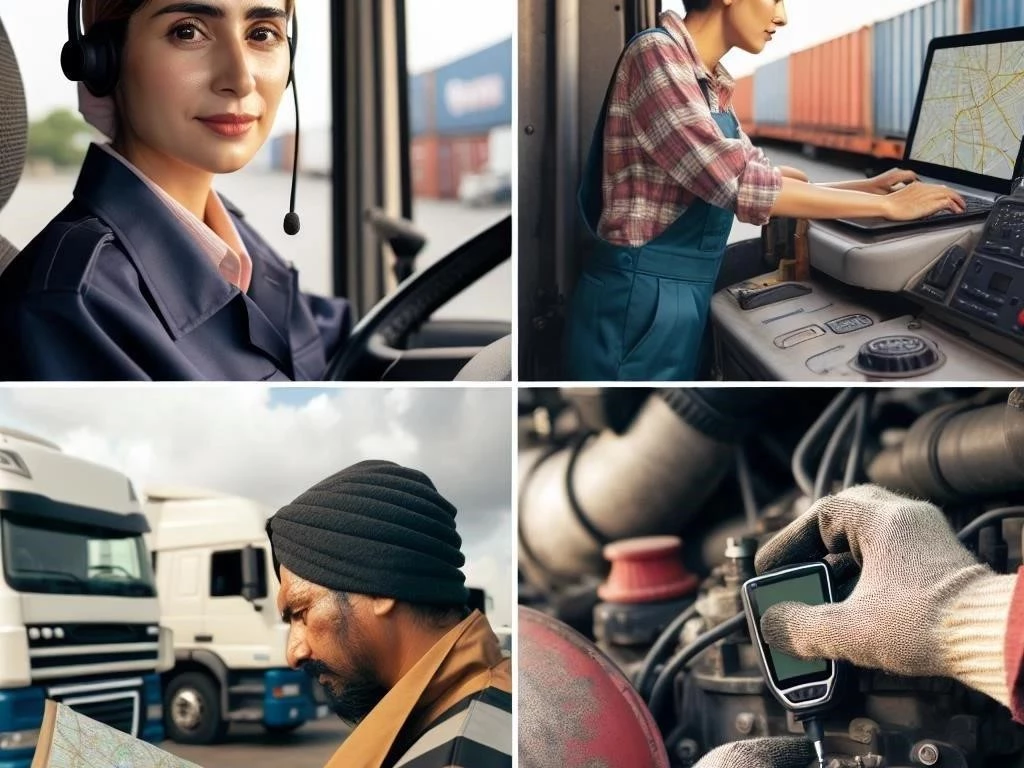
Empowerment and inclusivity in the trucking industry foster collaboration, promote mentorship, and encourage diverse participation, significantly enhancing the industry’s overall effectiveness and representation.
4.1 Mentorship Programs for Women in Trucking
Mentorship programs for women in trucking play a vital role in fostering empowerment and inclusivity within the industry. These initiatives connect experienced female professionals with newcomers, providing guidance, support, and valuable insights. Through mentorship, women gain access to networking opportunities, enhancing their personal and professional development. Participants learn about industry challenges, safety regulations, and best practices, building confidence in their skills. Additionally, these programs encourage women to take on leadership roles, challenging traditional gender norms. As more women become mentors, they create a supportive community that promotes diversity, ultimately strengthening the trucking sector and paving the way for future generations.
4.2 Community Engagement Initiatives
Community engagement initiatives led by women in trucking significantly enhance the industry’s reputation and social responsibility. These programs often focus on education, safety awareness, and environmental sustainability, fostering positive relationships between trucking companies and local communities. Women-led organizations frequently participate in outreach activities, promoting driver diversity and offering resources for aspiring female drivers. By collaborating with schools and local groups, they inspire the next generation to consider careers in transportation. Furthermore, these initiatives emphasize the importance of inclusivity, encouraging diverse participation and creating supportive networks that empower women, ultimately strengthening both the industry and the communities it serves.
Addressing Gender Roles in Fleet Management
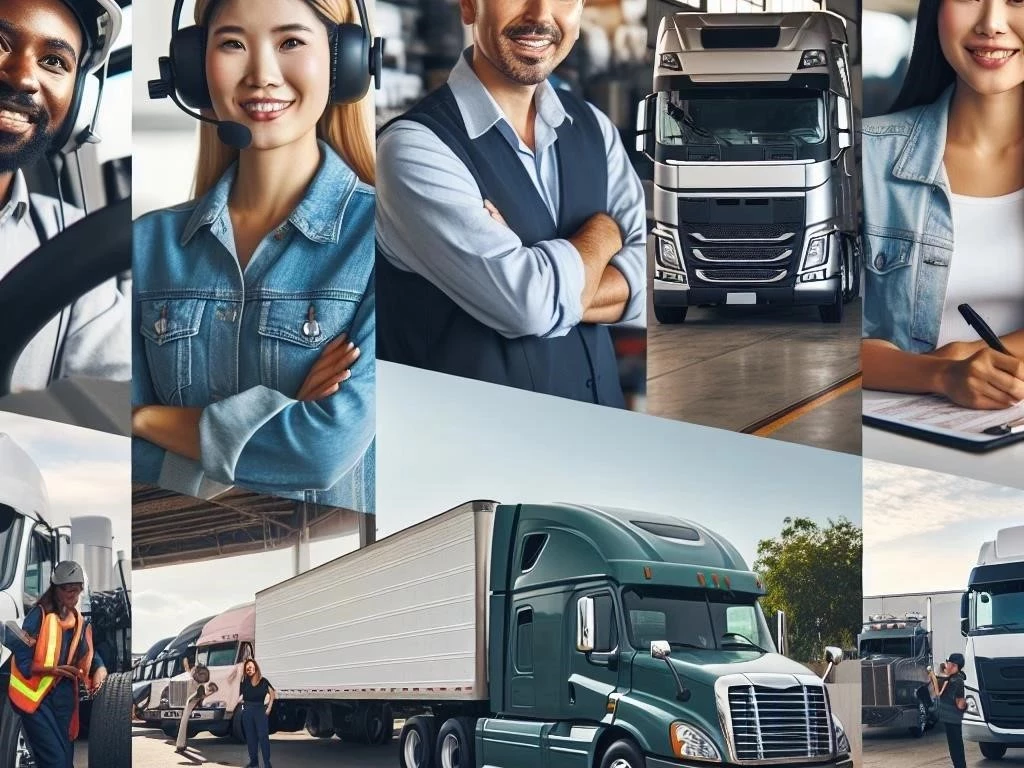
Addressing gender roles in fleet management promotes equality, enhances collaboration, and encourages diverse perspectives, ultimately leading to improved efficiency and innovation within the trucking industry.
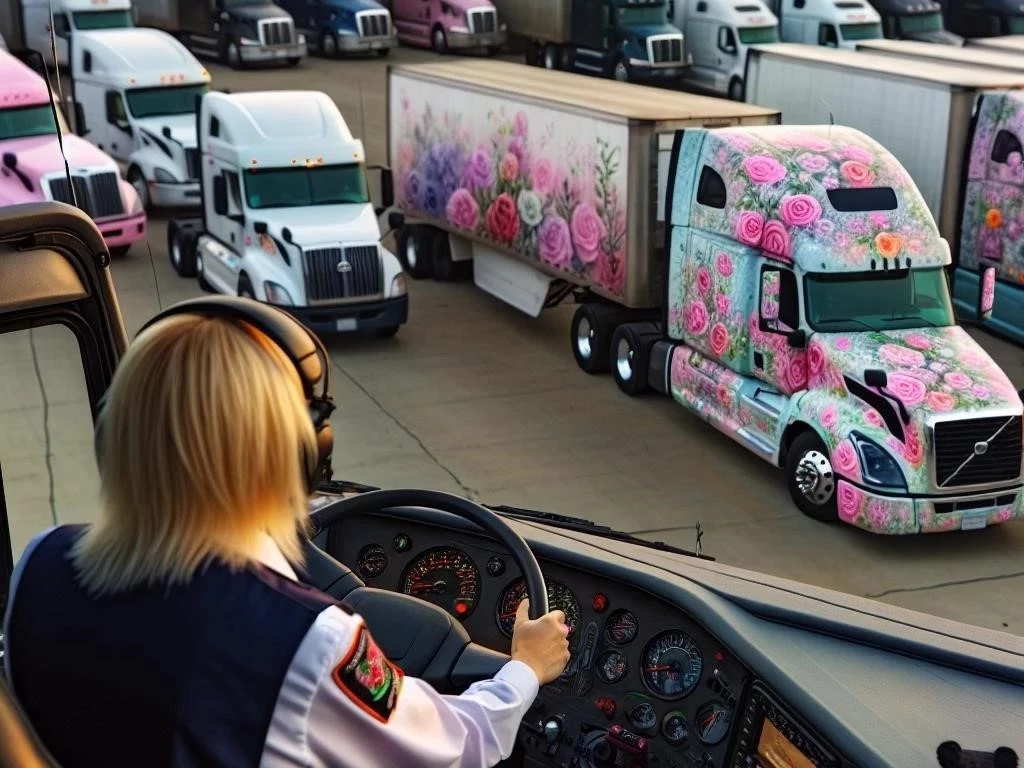
5.1 Challenging Stereotypes in the Trucking Industry
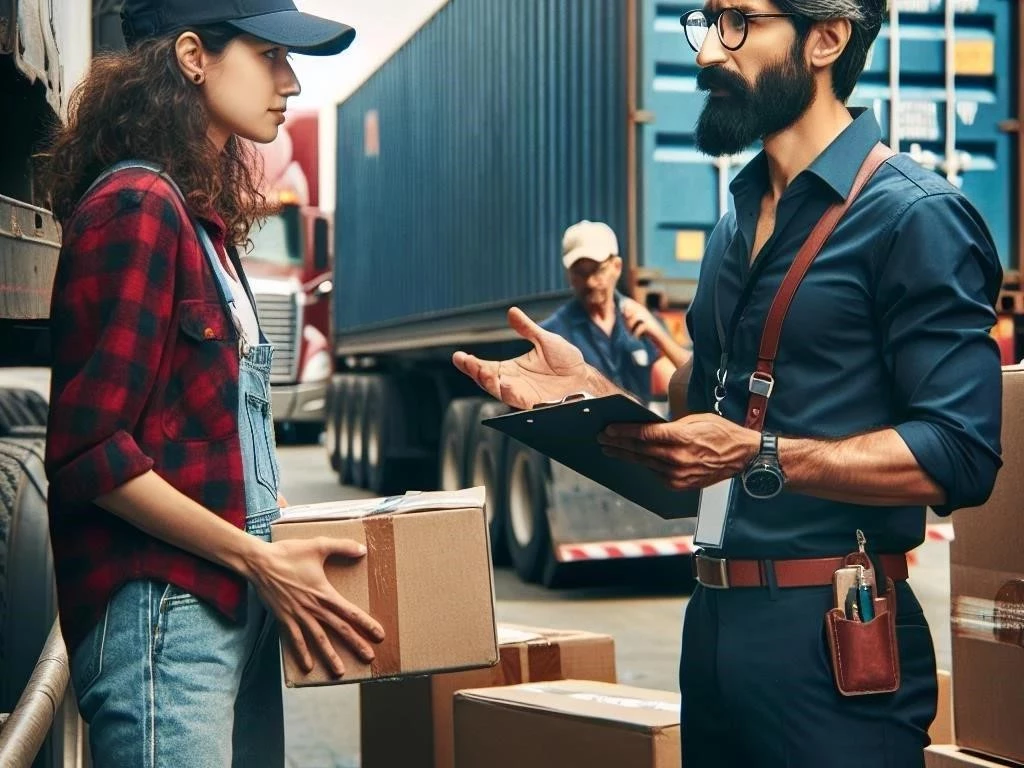
Challenging stereotypes in the trucking industry is essential for fostering an inclusive environment. Women are increasingly breaking barriers and redefining the perception of truck drivers. By excelling in various roles, they demonstrate that skills and competencies are not determined by gender. Organizations actively promoting diversity highlight the achievements of female drivers, mechanics, and fleet managers, showcasing their contributions to safety, efficiency, and customer service. This visibility empowers women to pursue careers in trucking while inspiring future generations to follow suit. As stereotypes are dismantled, the industry becomes more welcoming, encouraging a diverse workforce that drives innovation and success.
5.2 The Importance of Driver Diversity

Driver diversity is crucial in the trucking industry, as it enhances creativity, problem-solving, and adaptability. A diverse workforce brings together individuals with unique perspectives, enabling companies to address customer needs more effectively. Women drivers, in particular, contribute to innovative solutions and improved safety practices. Their inclusion helps challenge traditional gender roles, paving the way for more equitable opportunities within the industry. Additionally, diverse teams foster better communication and collaboration, resulting in increased productivity and efficiency. By prioritizing driver diversity, trucking companies not only enhance their performance but also create a more inclusive and supportive environment for all employees.
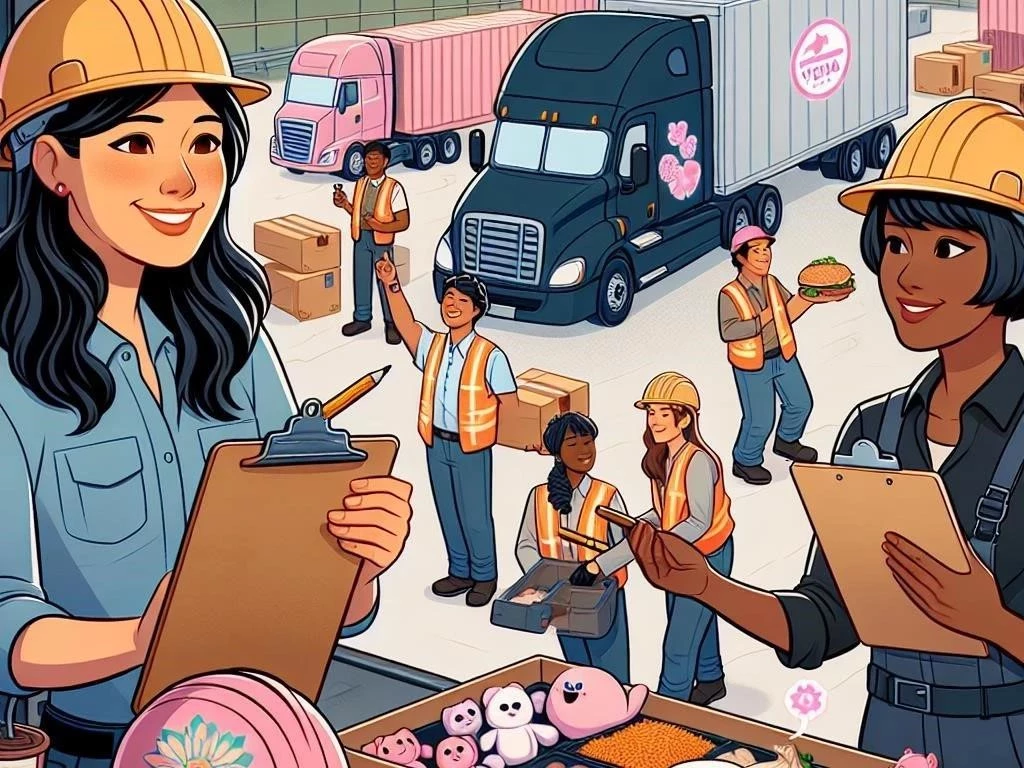
Industry Challenges and Sustainable Practices

Addressing industry challenges through sustainable practices fosters innovation, enhances operational efficiency, and promotes environmental responsibility within the trucking sector, benefiting communities and future generations.

6.1 Safety Regulations and Their Impact on Women Drivers
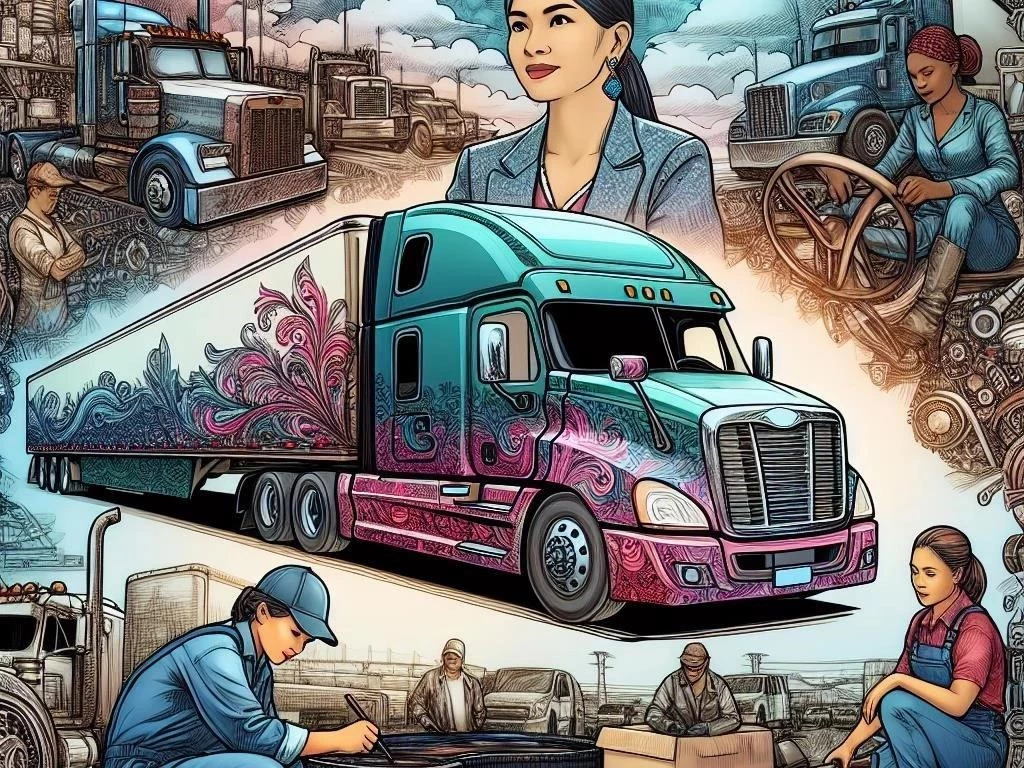
Safety regulations play a significant role in shaping the experiences of women drivers in the trucking industry. These regulations ensure that safe practices are enforced, creating a safer work environment for all. Women drivers often face unique challenges, including heightened concerns about security and harassment. As regulations evolve to address these issues, they contribute to fostering inclusivity and empowerment. Improved safety measures not only protect women but also enhance overall industry standards. By prioritizing compliance with safety regulations, trucking companies can support their female workforce, ultimately encouraging more women to pursue careers in driving and fleet management.

6.2 Implementing Sustainable Practices in Trucking
Implementing sustainable practices in trucking is essential for addressing environmental concerns while enhancing operational efficiency. Women in the industry are often at the forefront of advocating for greener initiatives, promoting fuel-efficient technologies and eco-friendly logistics solutions. By adopting alternative fuels and optimizing routes, trucking companies can significantly reduce their carbon footprints. Additionally, women-led organizations frequently prioritize sustainability in their business models, encouraging collaboration among industry players. Engaging in community outreach and education, they raise awareness about the importance of responsible practices. As more women influence this sector, sustainable practices will continue to gain traction, benefiting both the industry and the environment.

Networking Opportunities for Women in Trucking
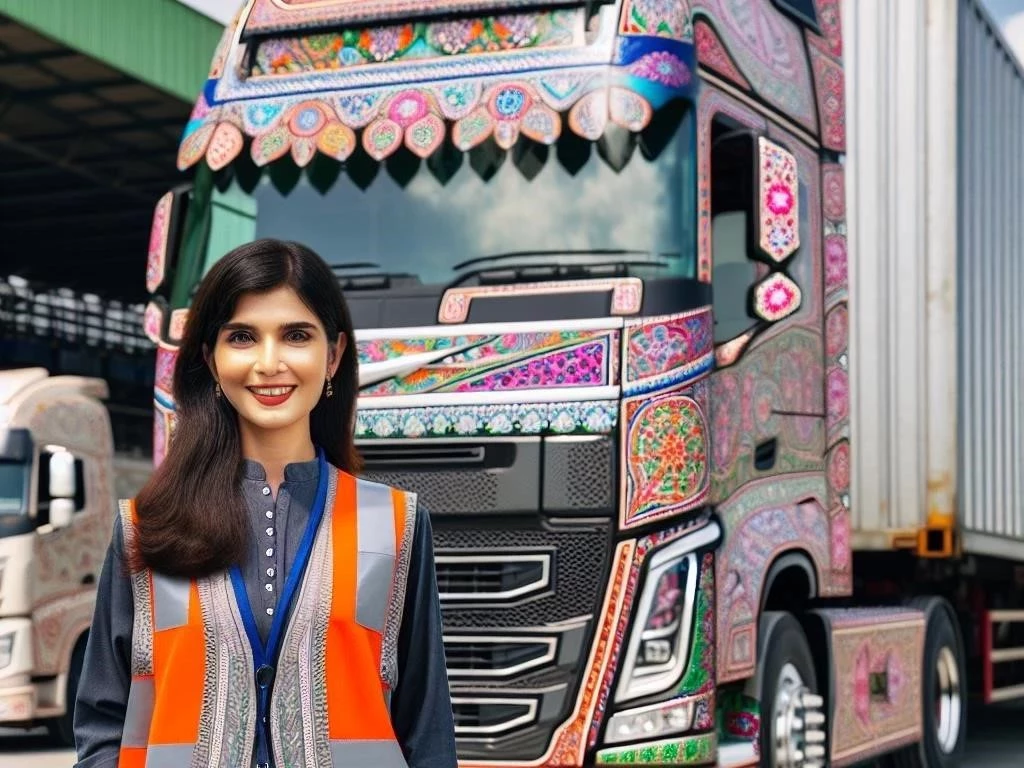
Networking opportunities empower women in trucking, fostering connections, mentorship, and collaboration while enhancing professional growth and representation within the transportation and logistics industries.
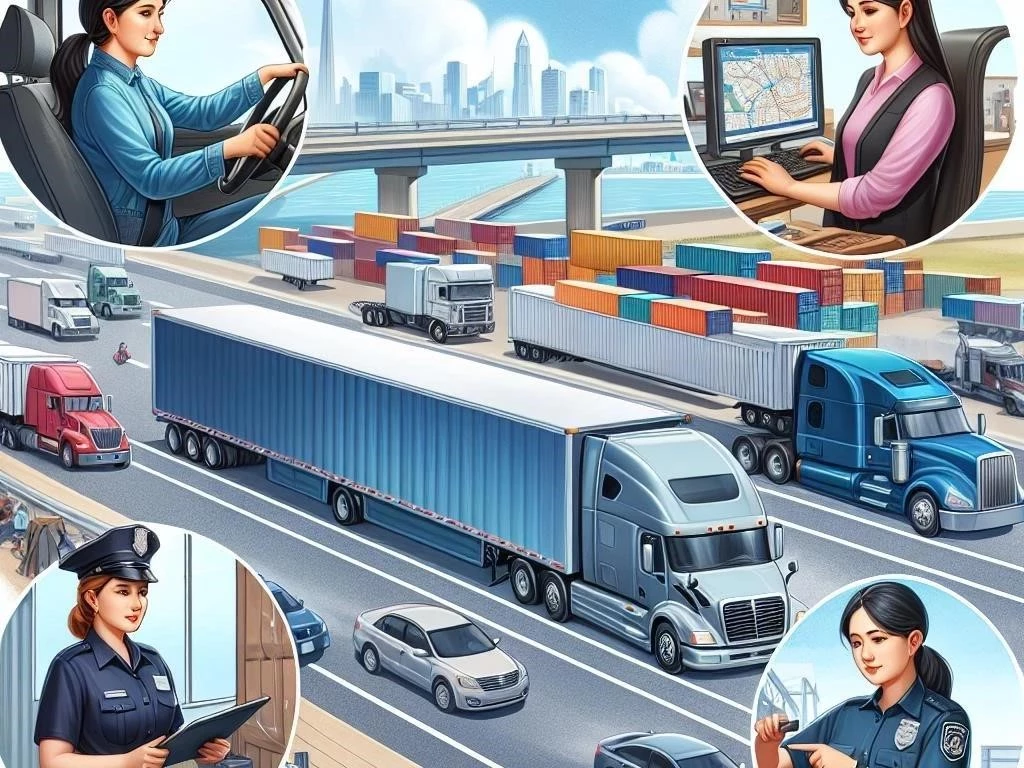
7.1 Building Professional Relationships
Building professional relationships is essential for women in the trucking industry, as these connections foster collaboration, mentorship, and support; Networking events, conferences, and online platforms provide opportunities for women to meet fellow industry professionals, share experiences, and exchange knowledge. By cultivating these relationships, women can access valuable resources, including job opportunities and career guidance. Additionally, strong professional networks encourage empowerment and inclusivity, helping to break down barriers and challenge stereotypes. As women support each other in their careers, they contribute to a more diverse and innovative trucking industry, ultimately enhancing the overall landscape of transportation and logistics.
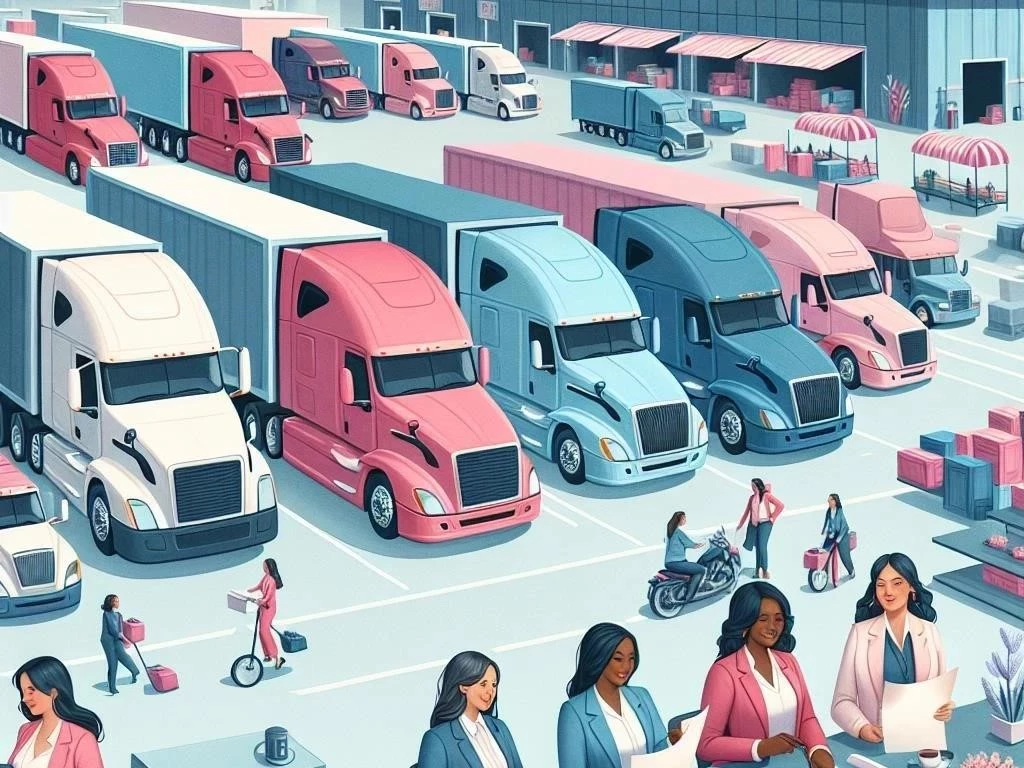
7.2 The Role of Industry Conferences and Events
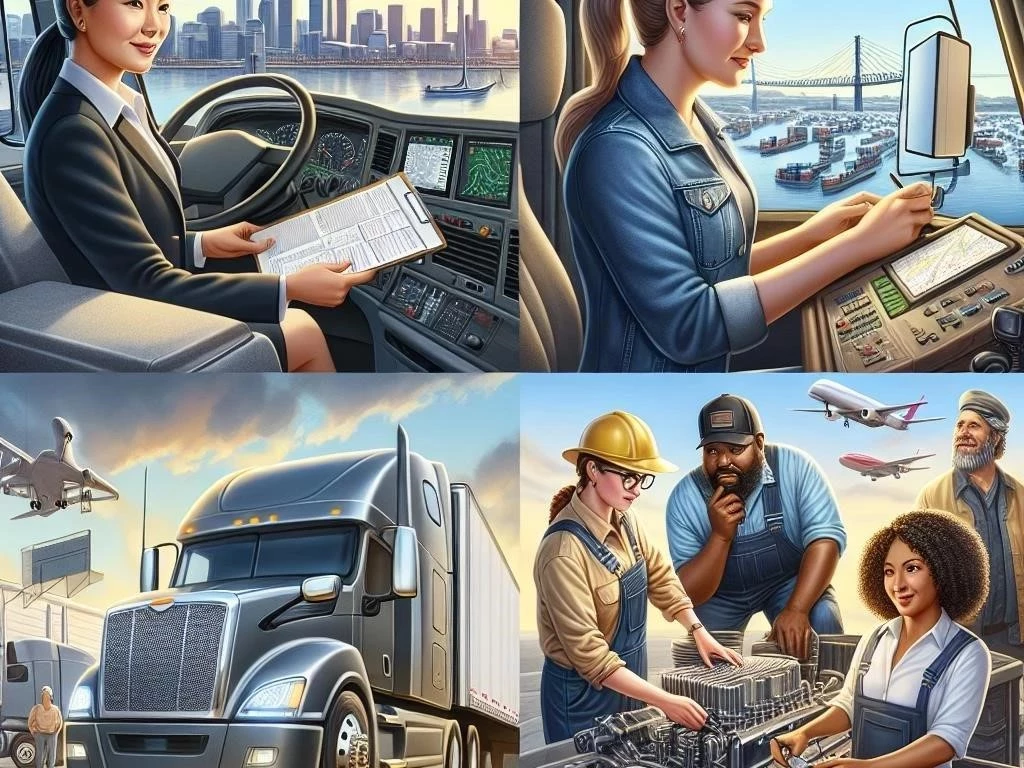
Industry conferences and events play a vital role in promoting women’s participation in trucking by providing platforms for networking, education, and collaboration. These gatherings allow women to connect with industry leaders, share insights, and learn about the latest trends and innovations. Workshops and panel discussions often highlight the achievements of female professionals, inspiring others to pursue careers in transportation. Additionally, these events foster a sense of community, encouraging women to support one another in overcoming challenges. By actively participating in conferences, women can amplify their voices, advocate for inclusivity, and drive change within the trucking industry for future generations.
The increasing feminine influence in transportation and trucking fosters empowerment, inclusivity, and innovation, ultimately transforming the industry for future generations and promoting lasting change.
8.1 The Future of Women in the Trucking Industry
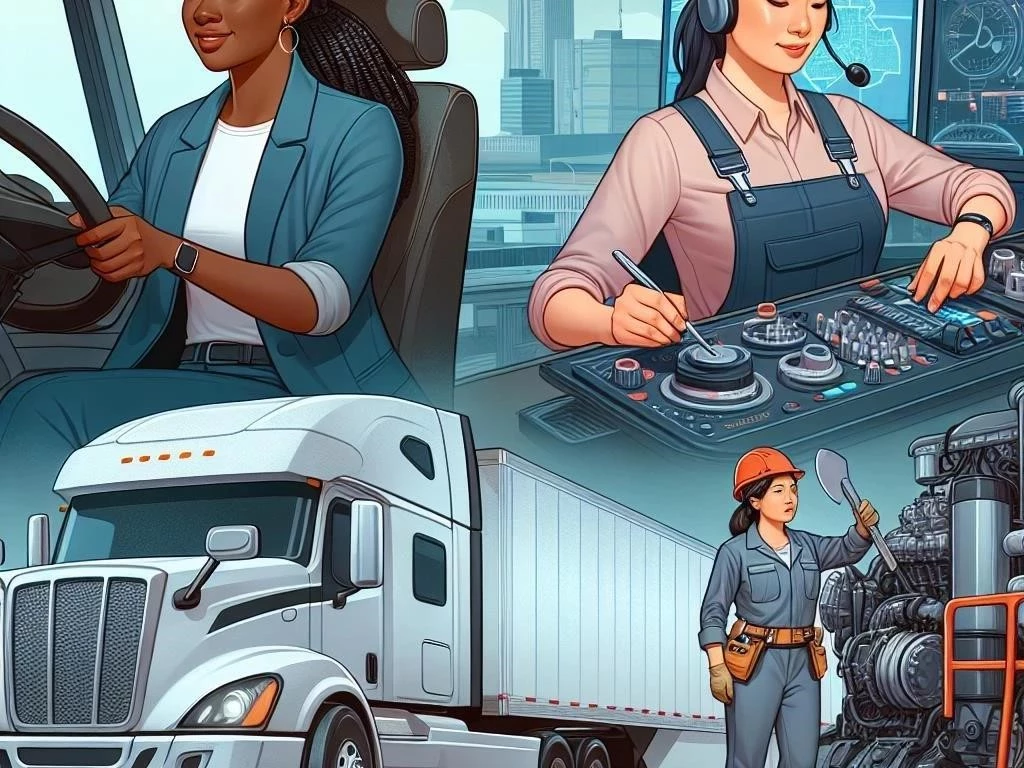
The future of women in the trucking industry looks promising, as ongoing efforts to promote diversity and inclusivity gain momentum. Increased awareness of gender roles and the benefits of female representation are reshaping the landscape. With more women entering various roles—ranging from drivers to executives—the industry stands to benefit from diverse perspectives and innovative solutions. Mentorship programs and networking opportunities continue to empower women, fostering a supportive community. As organizations implement sustainable practices and prioritize safety, women’s contributions will become increasingly valued. Ultimately, the future will reflect a more balanced and equitable workforce, driving positive change in transportation.
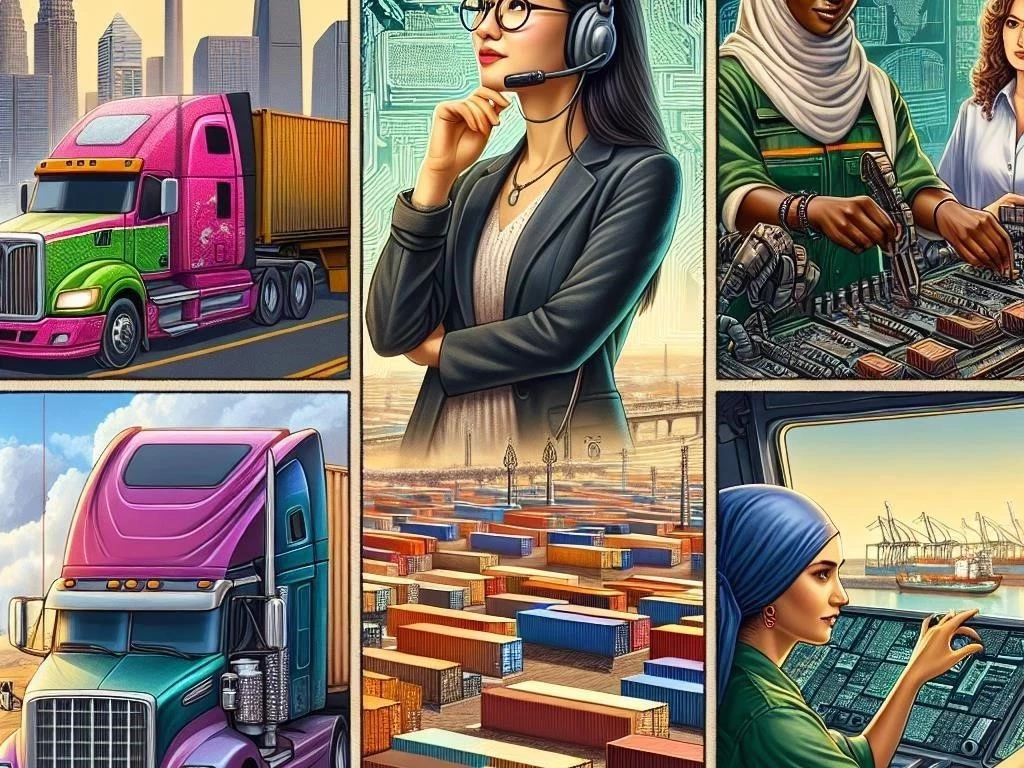
8.2 Final Thoughts on Feminine Influence in Transportation
The feminine influence in transportation is reshaping the industry, leading to greater inclusivity and innovation. As women continue to break barriers and challenge stereotypes, their presence fosters a more collaborative and supportive environment. This shift not only enhances operational efficiency but also promotes sustainable practices and community engagement. By embracing diversity, the trucking sector can leverage the unique perspectives women bring, ultimately driving success. The ongoing commitment to empowerment and mentorship will ensure future generations of women find opportunities in transportation. As the industry evolves, the impact of feminine influence will be felt across logistics, freight services, and beyond.